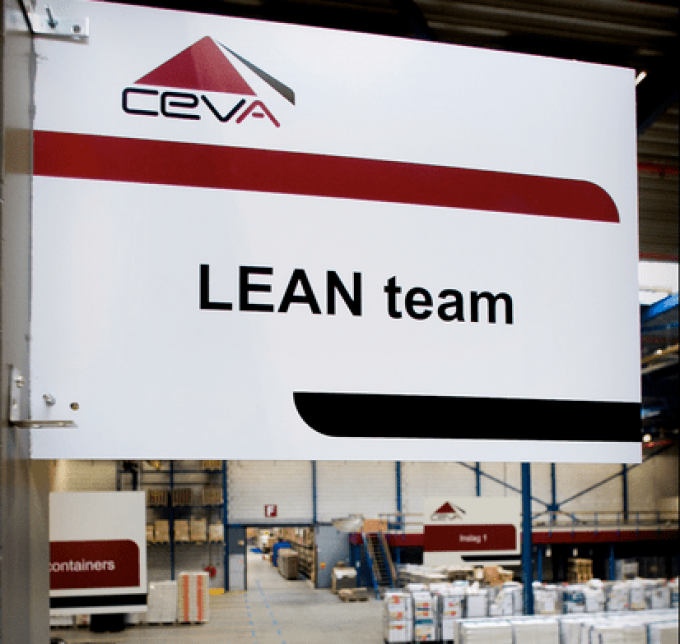More luck than judgment? Top 10 box lines enjoy elusive balance
Something of a sweet spot?

“We are starting to be a normal company now,” said Xavier Urbain, CEO of Ceva Logistics, this morning.
By which he means Ceva plans to focus on its actual business, logistics, after years of refinancing, M&A talk, IPOs – and bankers’ fees.
“In the past five years ...

Comment on this article